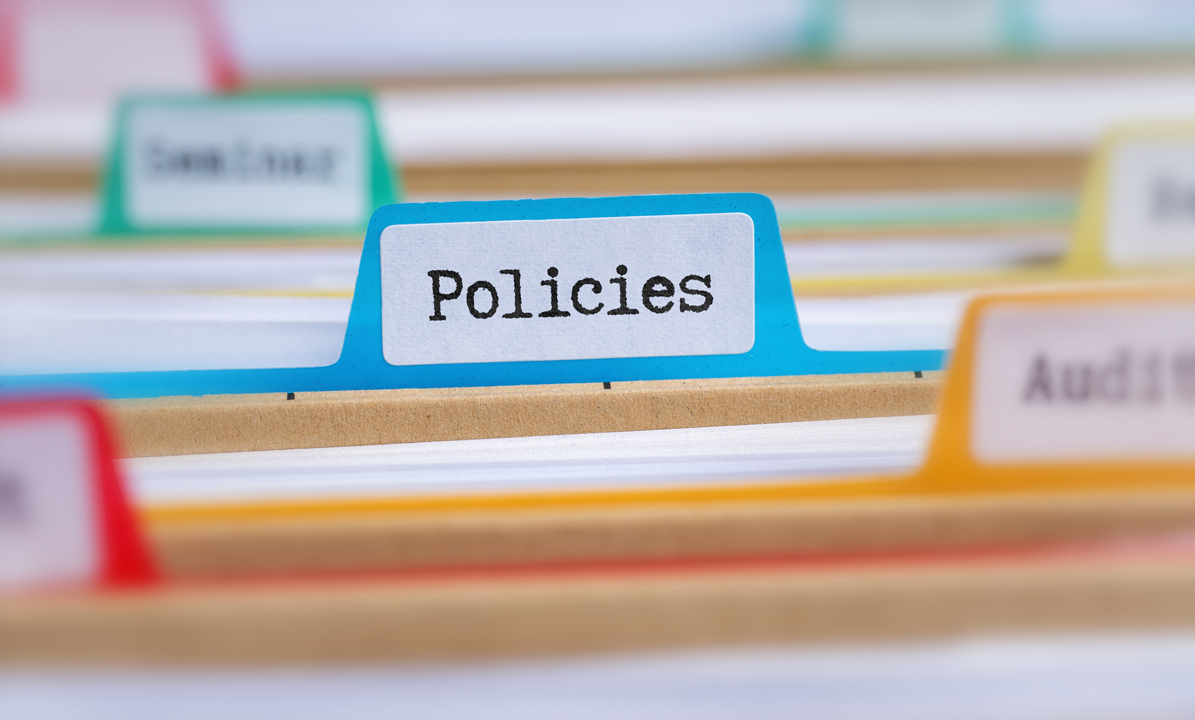Regulatory & Policy Appraisal
RPA’s public sector clients across Europe and beyond are involved in the business of developing and implementing policies and regulations which are intended to improve the lives and economic well-being of citizens while enhancing the environment. In addition, these policies and regulations should not have any damaging or disproportionate impacts on businesses, jobs and employment, competitiveness, etc. This means that policy makers have to be sure that their current policies and associated legislative and administrative actions are the best options available, targeting the issues of concern as specifically as possible while delivering the greatest net social, economic and environmental benefits at the least cost.
To do this, policy makers need to fully understand the often complex and conflicting interplay between different aspects of a particular policy and associated legislative and administrative frameworks. The situation is often compounded by changes such as new or improved technologies, changes in consumer demands, etc.
All stages in the review of policies and programmes are within the scope of RPA’s work on regulatory and policy evaluation (also known as policy appraisal). These stages include:
- Policy/programme reviews and evaluations, involving analyses of the direct and indirect effects of a particular policy or programme (and progress made) at different points in time.
- Ex-post impact assessments, involving identifying, assessing and measuring the outcomes of the policy interventions, the performance of the policy/programme judged, and proposing refinements where appropriate.
Where policy ‘problems’ have been identified, the work would often include preliminary work on scoping appropriate legal and non-legal instruments and approaches to address them. Further analysis would then constitute an impact assessment.

RPA analyses policies in many fields, including chemicals, flood and coastal erosion risk management, recreation and tourism, consumer policy, etc. RPA is experienced in the application of evaluation theory, techniques and tools, and in analysing the activities, policies and programmes of international institutions. Conducting regulatory and policy evaluation/appraisal requires the development of a systematic approach, which involves:
- Evaluating the ability and effectiveness of legislation to achieve its objectives.
- Assessing the results attributable to legislation and the associated costs and benefits.
- Analysing the relevance, utility and sustainability of the legislation in view of changing geographical, economic, technological and regulatory environments.
- Developing scenarios and case studies to extrapolate impacts and reflect how things may develop in the future.
- Use of quantitative analysis techniques (including cost-benefit analysis, cost effectiveness analysis) and qualitative analysis techniques (e.g. multi-criteria analysis, ranking etc.) to inform decision making.
- Formulating recommendations on how the legislation (or policy) could be improved in terms of efficiency and effectiveness.

Public and governmental organisations in particular are accountable for their actions and must justify their interventions. As such, once a policy or regulation has been implemented there is a need to evaluate whether it has been effective. This requires evidence to be presented on the costs and the effectiveness of the intervention. As with impact assessment, this is often undertaken by an independent third party such as RPA.
As well as providing the necessary transparency and accountability, evaluating the success (or otherwise) of a policy or regulation is crucial to learning lessons for the future. It is vital to know what worked well, what did not and consider how alternative approaches might improve the results. The knowledge generated by evaluation plays a critical role in the development and refinement of new and existing legislation and policies.
RPA has carried out a large number of evaluation studies for different Directorate Generals of the European Commission and the UK Government. This includes studies under framework contracts with the European Commission (DG Enterprise and DG Sanco) as well as work for private sector clients and industry associations for which we often analyse the consequences of EU and national regulation at the EU, national, sector and individual company levels.
